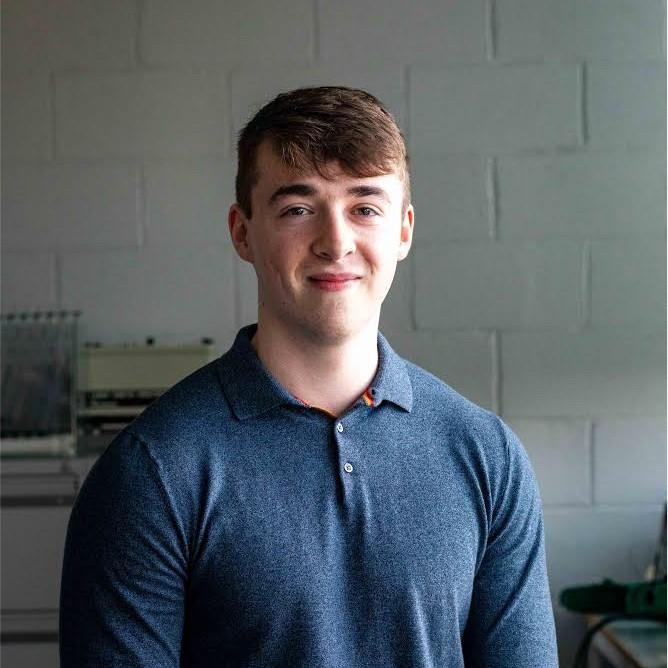

Physics doctoral candidate wins investigator award
The award is based on three things; the academic achievements of the student, the quality of the work submitted to the conference, and the level of the student’s contribution to the work, as highlighted by a senior researcher family with the student and the work.
The conference took place in Paestum, Italy and was given the award at the closing awards ceremony on the 25th of October.
"I think it is quite a significant thing to win because it means my work and my abilities as a researcher were recognised on an international level,” said Paul.
There were about 400 scientists in attendance at the conference, with people from Asia, Europe and the US in attendance.
There was cutting edge research presented in the fields of nanoscience and nanotechnology.
The competition for this award was very high, due to the large number of students in attendance as well as the quality of their work.
“The fact that I was able to win an award despite this underscores that my work has been of high quality and that it stands out among a pool of highly competent researchers.”
“Additionally, winning such an award in the presence of a renowned international community could help lead to increased visibility and opportunities for collaboration and networking with top researchers.”
Donegal
Paul is from Donegal town. He wasn’t exposed to much science in primary school. However, just before starting secondary school he developed a chronic neurological condition called ‘narcolepsy’ that when un-diagnosed and mis-diagnosed for around four to five years.
This mean that Paul wasn’t able to attend school for my of his secondary school years. Yet, while at home, he began to watch, and love, science-themed television shows like The Big Bang Theory, and House/Scrubs and got interest in physics and biomedical science as a result of that.
“From suffering with a condition like this, I wanted to go into a career where I could help others with medical issues like me while also satisfying my interest in physics. So, I chose physics, with biomedical sciences here in DCU that perfectly covered all of my interests and ambitions.”
Research
Paul is researching a new way of detecting nucleic acids, an example of which is DNA, that doesn’t require large, expensive machinery and specialised personnel.
Nucleic acid detection is very important for identifying infections and diseases and is what the PCR Covid test is based on, but it needs highly specialised equipment and trained personnel to carry out the exhaustive analysis procedure.
Nucleic acid detection, said Paul, has proved challenging to make portable, which is why we have the less reliable Covid antigen tests that you can buy in the shop. The antigen tests detect viral proteins, and while they worked well, you need detection of viral nucleic acids using PCR to truly confirm the presence or absence of infection for official documentation like travel certificates.
Paul is hoping to overcome these issues by engineering a method that can directly weigh nucleic acids using a low-cost weighing scale.
To achieve this, we’re using ultra small materials called nanomaterials. These materials have a very large surface area due to their small size, and by growing them on an ultra-sensitive weighing scale, they act like a comb to efficiently capture many long, hairlike strands of DNA from biological solutions.
When DNA sticks to these nanomaterials, it adds a tiny bit of weight to the scale which we can measure very precisely using open-source software that is freely available.
“I would like to stay in academia and hopefully become a professor in the future,” said Paul. “ I love doing research, but I also really enjoy the teaching aspect.”
